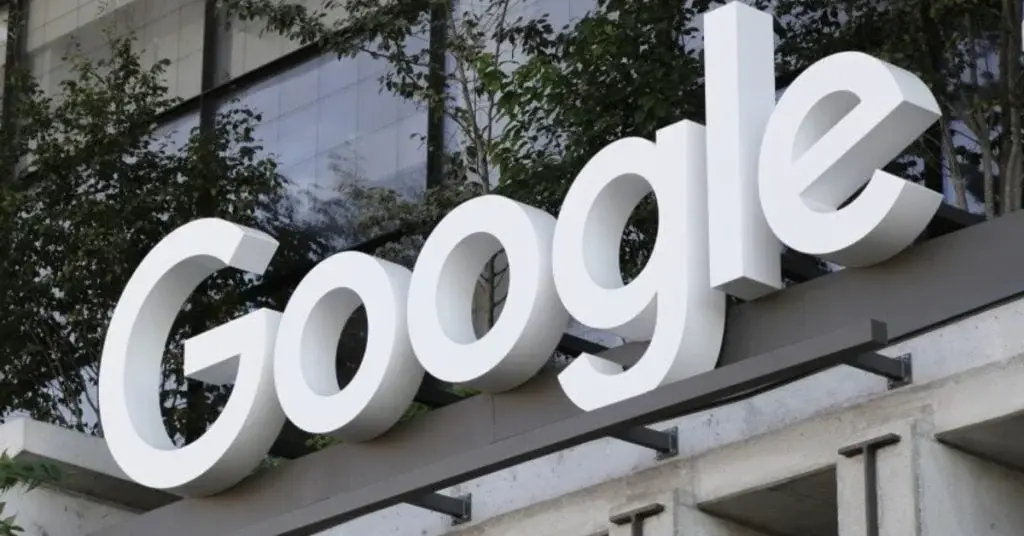Google AI has partnered with Apollo Radiology International in an effort to introduce AI-driven healthcare solutions to various communities across India. The primary focus of this collaboration is to address prevalent high-mortality diseases such as tuberculosis, lung cancer, and breast cancer, where the scarcity of specialists poses a challenge to early detection.
Leveraging AI for Healthcare Solutions
Apollo Radiology in India has begun utilizing AI models to conduct 3 million complimentary screenings for TB, lung cancer, and breast cancer. In the case of TB detection, a significant obstacle arises from the lack of radiologists available to interpret chest X-rays, which are crucial for screening purposes. Google’s AI system plays a vital role in the early identification of tuberculosis by scrutinizing these scans. Moreover, AI aids in enhancing the accessibility of lung and breast cancer screenings while also assisting in identifying incidental nodules in lung scans and mammograms, enabling radiologists to prioritize cases effectively.
Improving Access to Timely Care
Over the next ten years, Apollo Radiology International aims to leverage these AI models to conduct 3 million screenings for TB, lung cancer, and breast cancer at no cost. This ambitious initiative has the potential to significantly enhance access to timely healthcare for hundreds of thousands of individuals in India.
Bridging Healthcare Gaps with AI
Google.org is also extending its support to ARMMAN, a mobile service that delivers tailored preventive care messages to expecting and new mothers. Through the implementation of Google AI technology, health workers can predict women who are at risk of discontinuing healthcare programs, enabling them to take proactive measures in following up with these individuals.
This partnership exemplifies how AI is closing the healthcare disparity gap in regions with limited resources, facilitating earlier diagnoses and ultimately leading to improved health outcomes. If the initial trials of this technology prove successful, there is potential for its widespread deployment in numerous regions, signaling a bright future where AI plays a pivotal role in transforming healthcare accessibility and efficiency.



Leave a Reply